
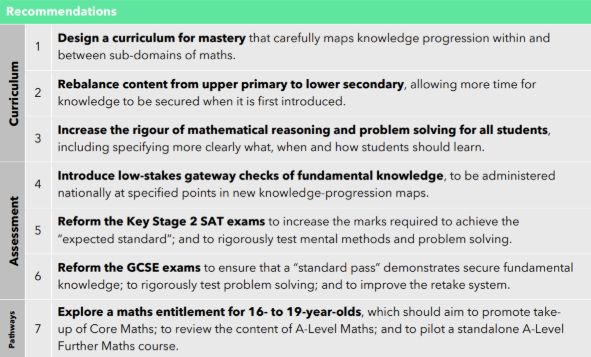
(🧵2/7)
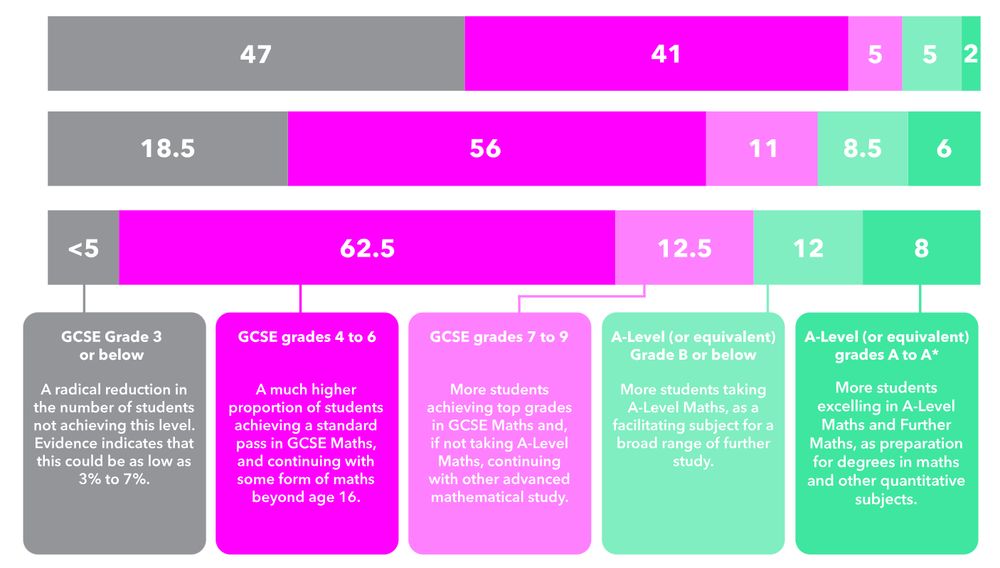
(🧵2/7)
Our launch event at the House of Lords later today will present the following seven recommendations:
(🧵1/7)
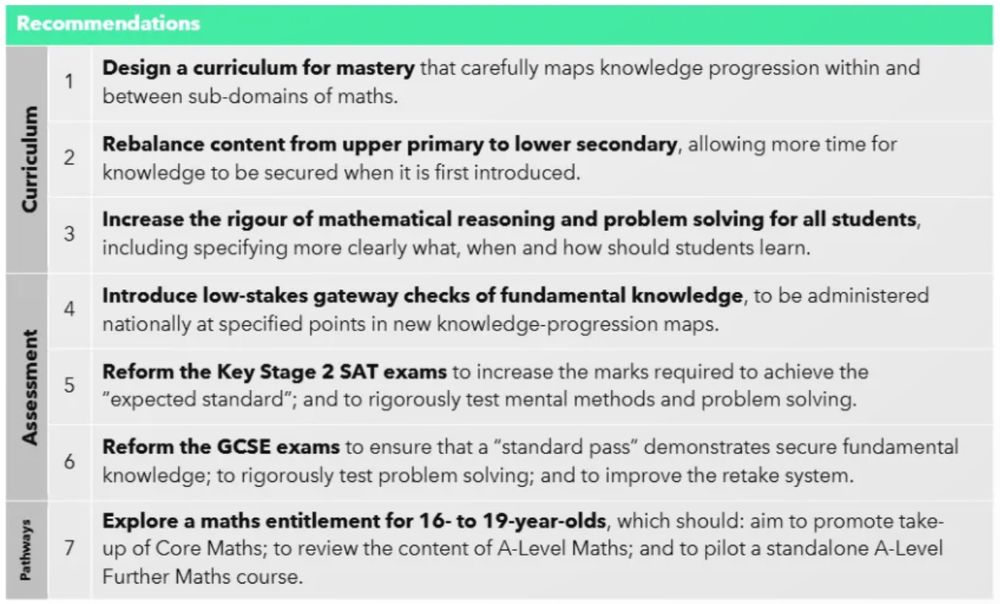
Our launch event at the House of Lords later today will present the following seven recommendations:
(🧵1/7)
This report reflects on some of what we have learned so far through an extensive range of contributors. We would love to hear your thoughts on the findings!
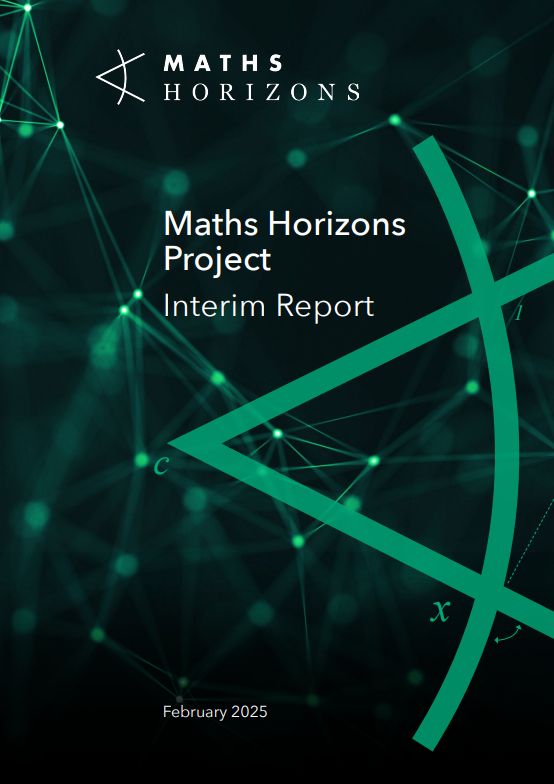
This report reflects on some of what we have learned so far through an extensive range of contributors. We would love to hear your thoughts on the findings!
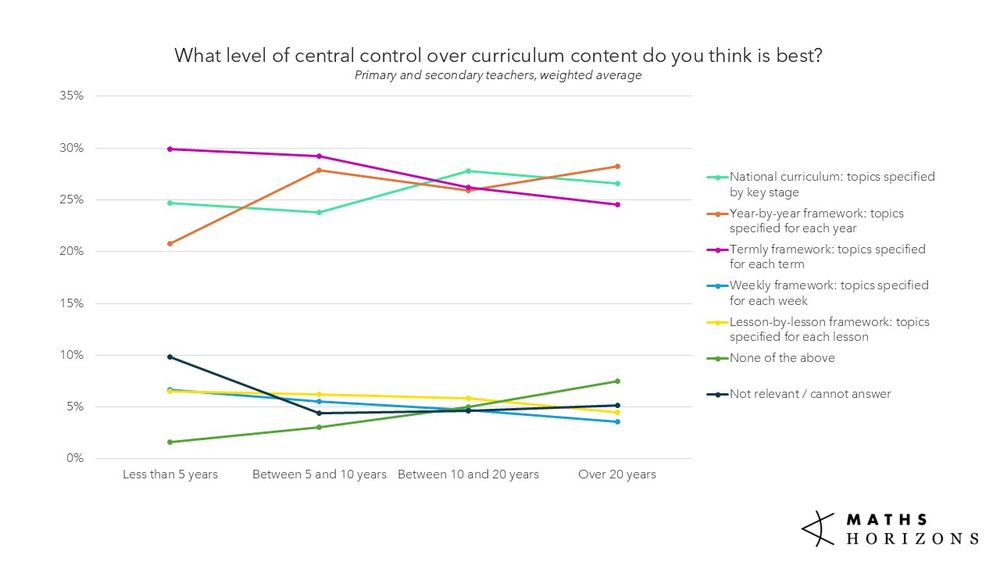
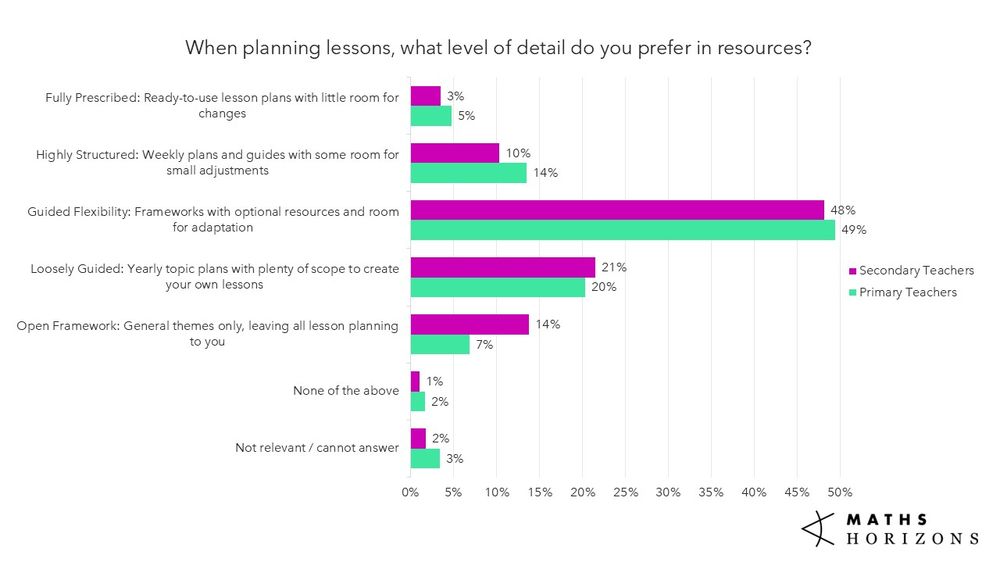
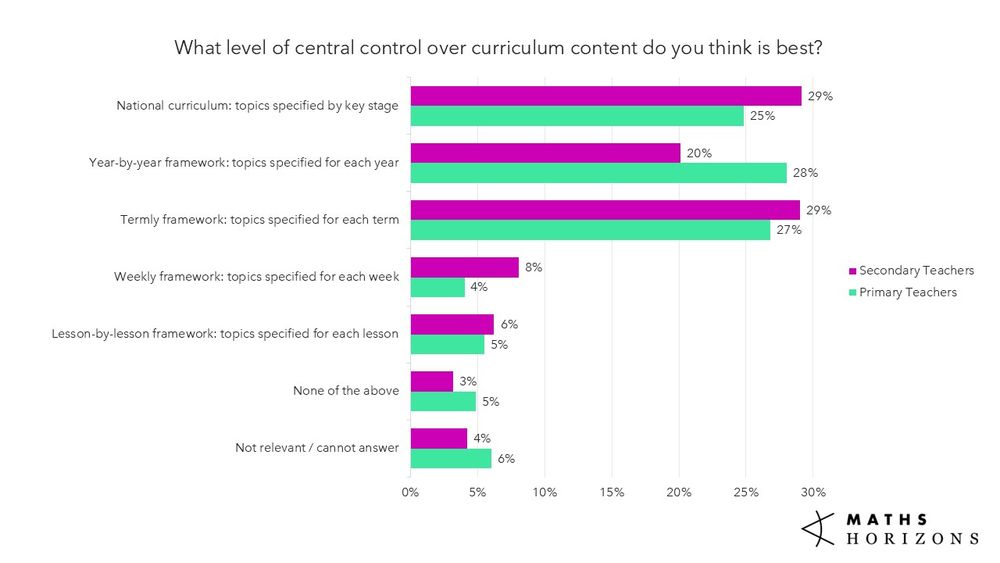
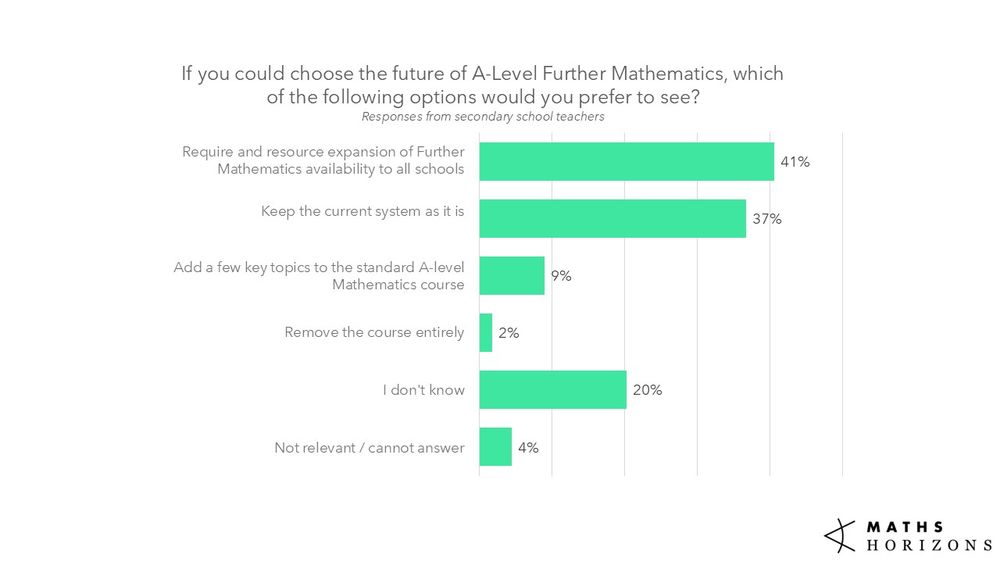
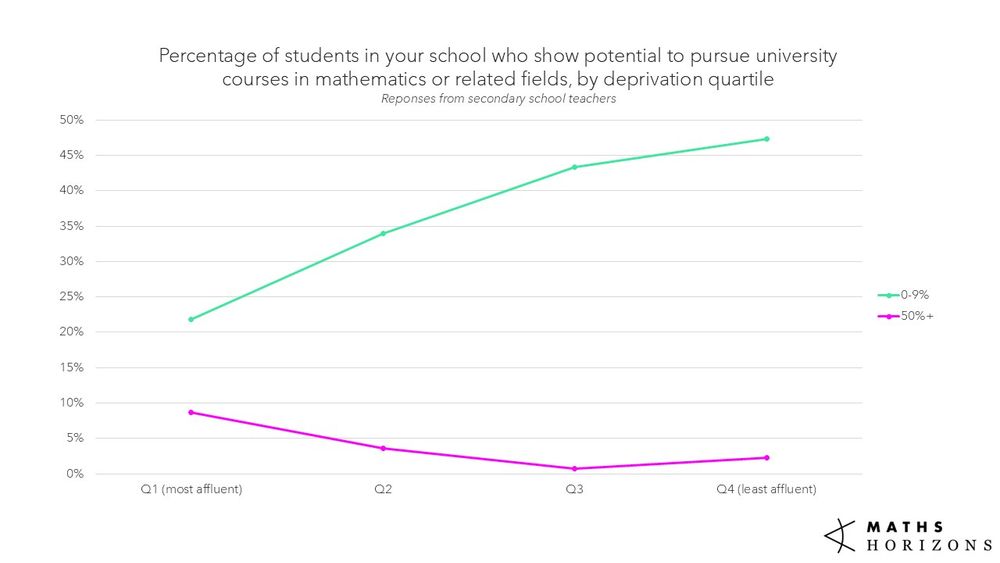
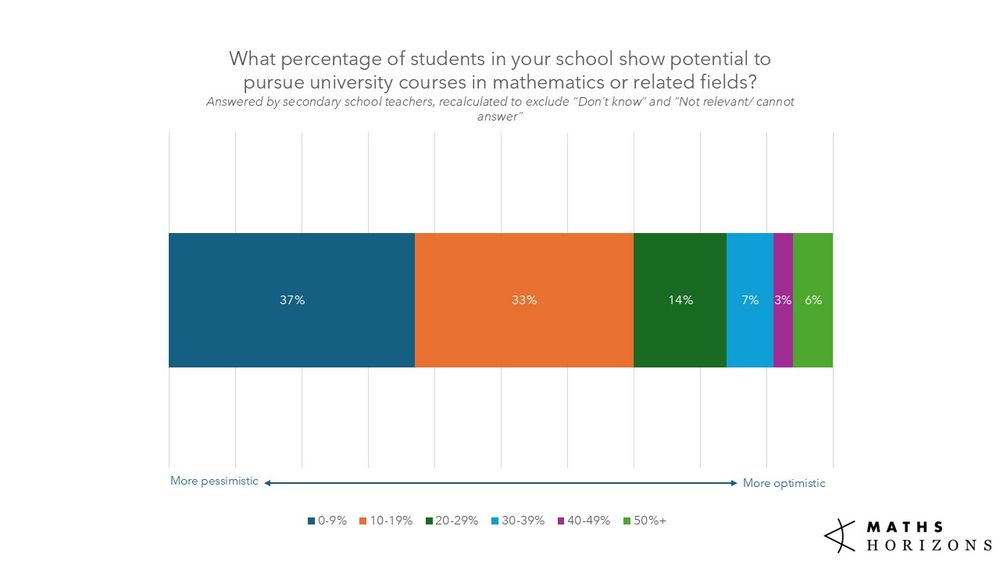

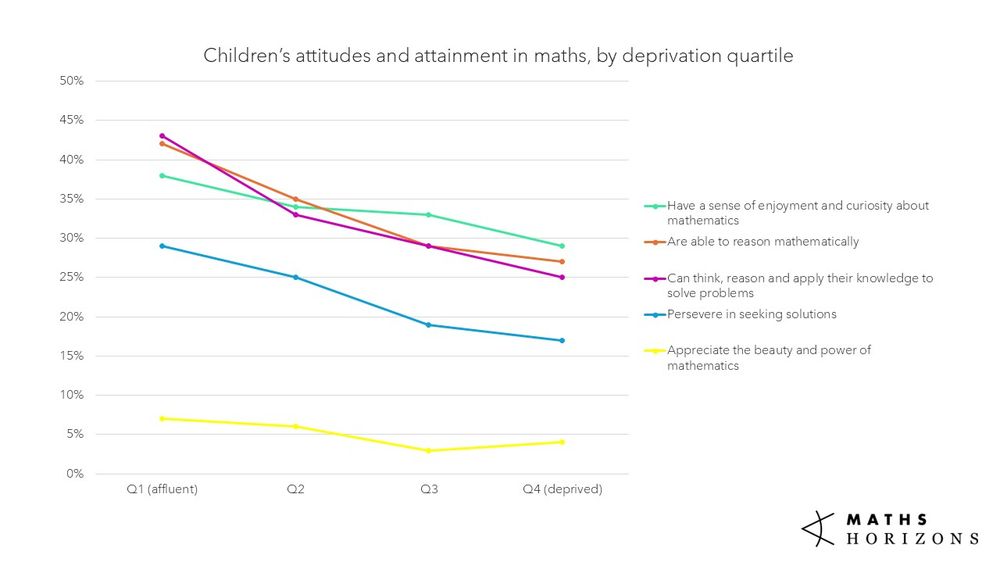
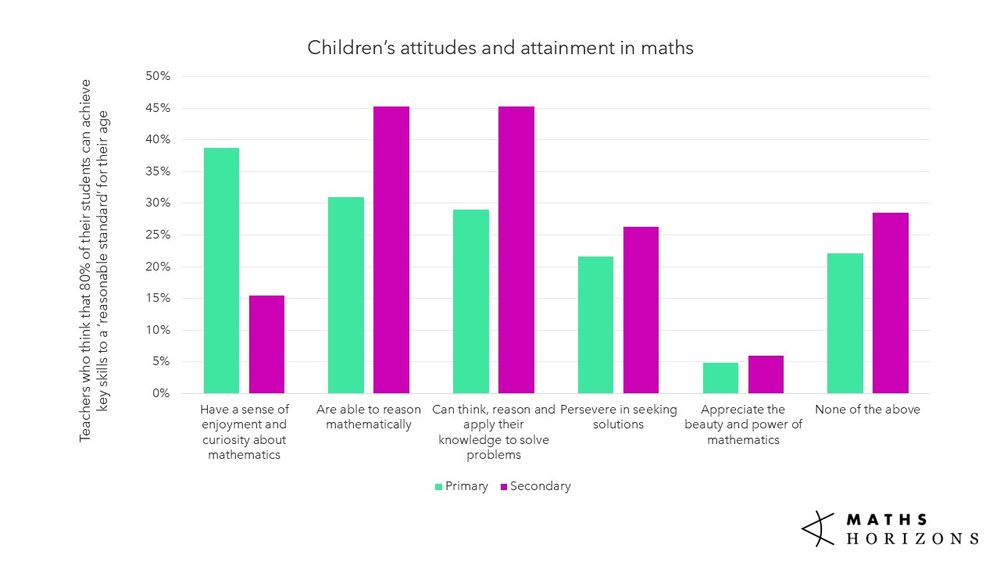
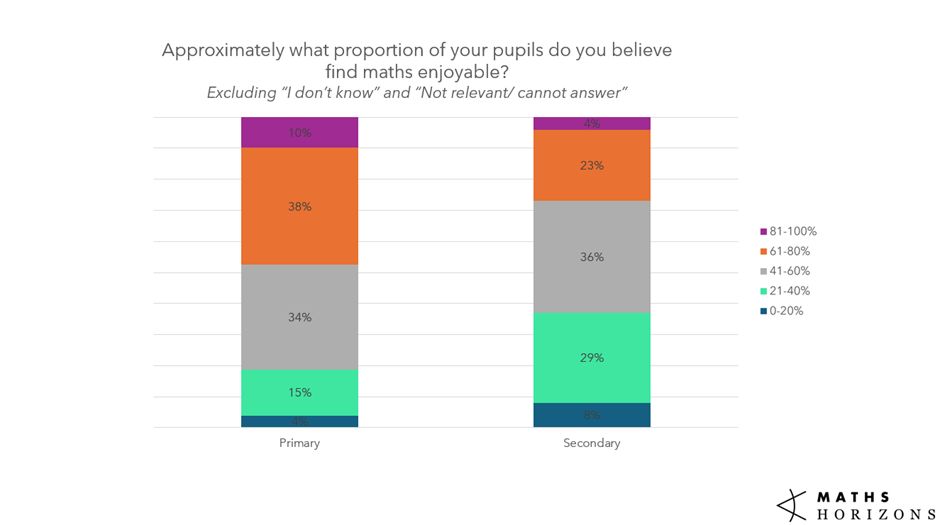
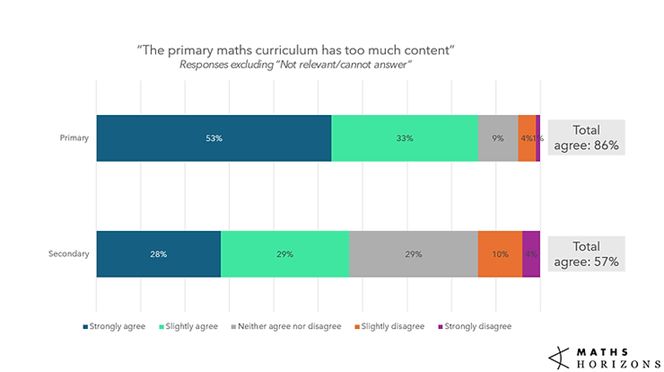
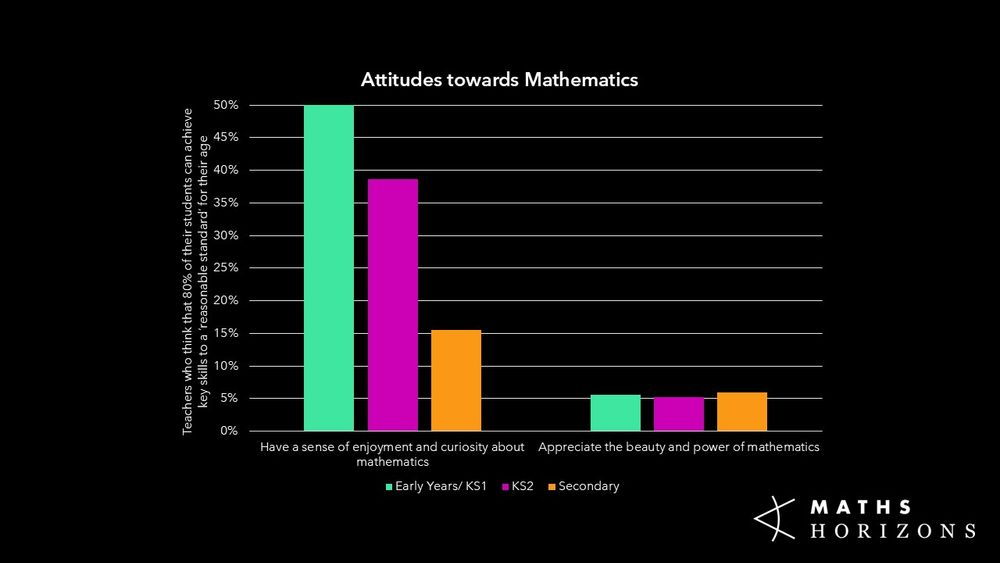
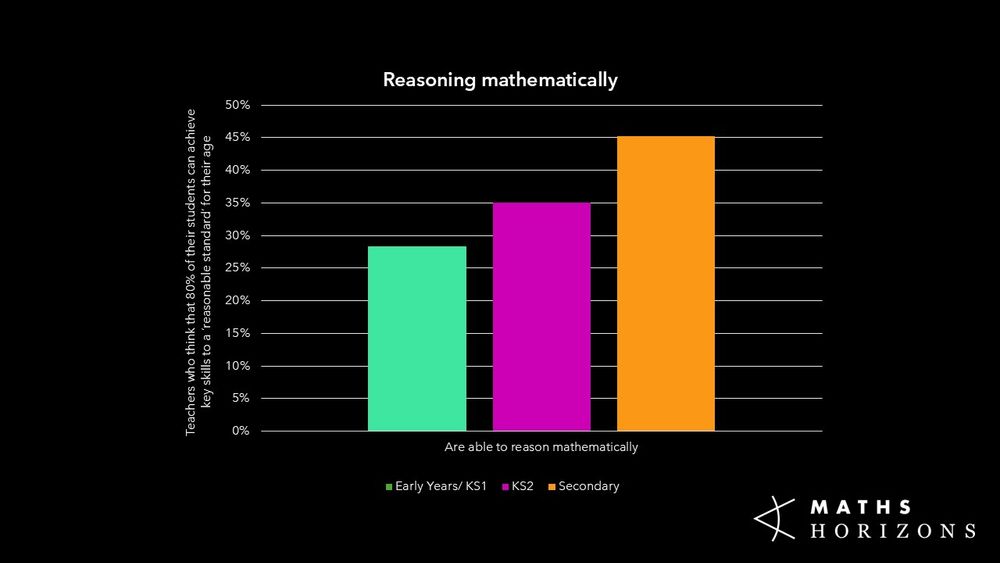
How do we support and inspire more students to join and stay on the pathway that enables them to meet the needs of the most demanding study and careers in STEM?

How do we support and inspire more students to join and stay on the pathway that enables them to meet the needs of the most demanding study and careers in STEM?
What are the major points of challenge in the existing system?
What are the consequences of these points of challenge on students?
Contribute to our third investigation now!
www.mathshorizons.uk/get-involved...

What are the major points of challenge in the existing system?
What are the consequences of these points of challenge on students?
Contribute to our third investigation now!
www.mathshorizons.uk/get-involved...
What should be added, removed or re-sequenced to improve maths learning for all; and how are we ensuring the strongest and most enjoyable foundations in maths for all children?

What should be added, removed or re-sequenced to improve maths learning for all; and how are we ensuring the strongest and most enjoyable foundations in maths for all children?
Contribute to our first investigation here.
www.mathshorizons.uk/get-involved...

Contribute to our first investigation here.
www.mathshorizons.uk/get-involved...
Alongside the Government’s review, Maths Horizons are launching a rapid review of maths curriculum and assessment in England.
Go to mathshorizons.uk/get-involved before midday Wednesday to have your voice heard on how the maths curriculum should be changed.

Alongside the Government’s review, Maths Horizons are launching a rapid review of maths curriculum and assessment in England.
Go to mathshorizons.uk/get-involved before midday Wednesday to have your voice heard on how the maths curriculum should be changed.

